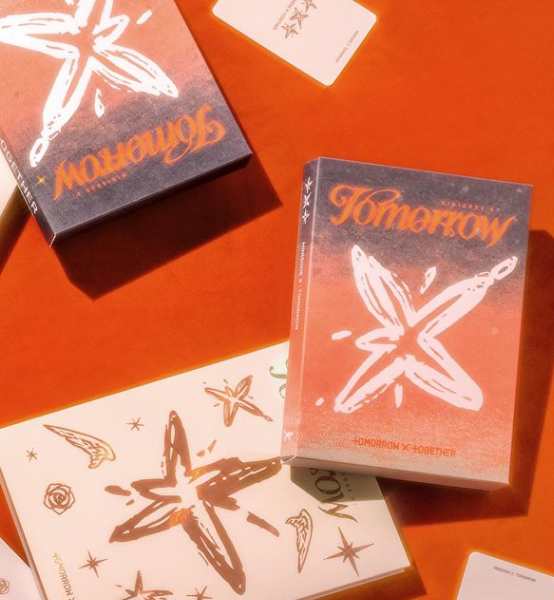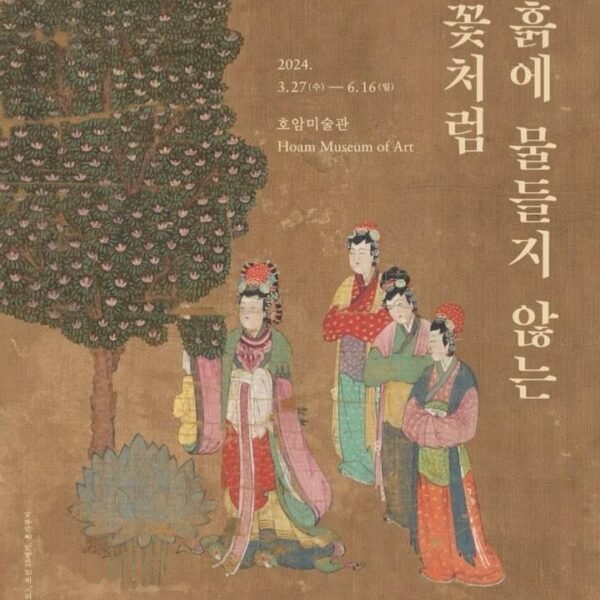Decoding Korean Insults : The World of Korean Drama
Korean dramas, accessible through platforms like Netflix, have piqued global interest. Beyond the captivating plots, the language used, especially profanity, has become a topic of intrigue. This article delves into the world of Korean insults, exploring their meanings, historical roots, and cultural implications.
Korean dramas often feature explicit language, with words like “씨발” (pronounced “shibal”) making regular appearances. Originally rooted in the meaning of “motherf**r,” it has evolved to convey strong disdain, comparable to the English expletive “f*.”
Words like “존나” (pronounced “jonna”) have intriguing origins, originally referring to male genitalia but now commonly used as slang for emphasis, similar to the English expression “f***ing.”

The Origins of Korean Insults
Expressions conveyed through profanity are indeed countless. The societal backgrounds and origins leading to the emergence of profanity also vary, reflecting the multitude of insults.
Profanity encompasses words that curse or express hatred towards others or criticize one’s own foolishness. Therefore, the roots of profanity lie in targeting the most despised, ignored, or inferior aspects of a given era. Alternatively, it may arise from behaviors universally scorned or the cruel punishments prevalent during a specific period.
Now, let’s delve into the example of South Korea.
Terms like “경을 칠놈” (gyeong-eul chilnom), “육시랄놈” (yuksi-rallnom), and “오살할놈” (ossal-hallnom) are insults rooted in the punitive practices of their respective times.
-
경치다 (Gyeongchida):
This term finds its origins in the ancient punishment system known as “mukhye” (묵형), where individuals with significant crimes had their wrongdoing inscribed on their foreheads using ink. In simpler terms, “이마에 경을 그려 넣는다” (Putting a ‘gyeong’ on the forehead) was shortened to “경을 치다” or “경치다,” expressing enduring shame for a major offense. Over time, the phrase evolved to symbolize severe reprimands or intense suffering, as in “경치다” meaning to receive a stern scolding or severe punishment.
-
육시할 놈, 육시랄 놈 (Yuksihal nom, Yuksirall nom):
Originally referring to the gruesome punishment of exhuming a dead person’s skull and beheading it again, the term has transformed into an insult meaning a despicable person. The term “육시” (yukshi) has historical roots, and its metaphorical usage as an insult has evolved over time.
-
염병할 놈 (Yeombyeonghal nom)
Originally associated with typhoid fever, a highly fatal disease, this term has shifted to an expression of frustration when things don’t go as planned. It is used when scolding or cursing someone who has behaved poorly.
-
오라질 (Ora-jil)
Derived from the practice of untying the ropes binding a criminal and then retying them, “오라” (ora) meaning “to tie” and “질” (jil) from “지다” (jida) meaning “to lose” or “to be bound.” In contemporary usage, it signifies scolding or insulting someone for a distasteful act.
-
오사리 잡놈 (Osari jabnom)
“Osari” originally referred to shrimp caught in the early stages of development, symbolizing undesirable catch. The term evolved to denote individuals engaging in all sorts of dirty deeds or delinquent behavior, reflecting a derogatory reference to unsavory characters.
-
오살할 놈 (Osal-hal nom)
Stemming from the gruesome punishment of dismembering a person convicted of treason or a major crime into five pieces, this term has transformed into a strong expression of severe criticism or cursing when someone has behaved egregiously.

Exploring the Roots and Meanings
The richness of Korean insults lies in their diverse expressions, reflecting societal disapproval and contempt. Understanding the historical context provides insights into their meanings and societal perceptions.
-
개차반 (Gaechaban)
Original meaning: Food for dogs.
Evolved meaning: Describing someone with unpleasant behavior and a bad personality.
-
계집 (Gyejib)
Original meaning: Referred to the person staying at home in a society centered around the mother’s family, but evolved to derogatory usage in a society shifting towards a more paternal focus.
-
바보 (Babo)
Etymology: Derived from ‘밥 (Bab)’ meaning rice and ‘보 (bo)’ with the ‘ㅂ’ sound omitted. Originally referred to someone idling around, eating only rice, but now signifies a foolish or ignorant person.
-
애물단지 (Aemuldanji)
Meaning: Refers to a child who dies before their parents or something or someone extremely corrupting.
-
옘병할 (Yembyeonghal)
Meaning: Indicates someone who will suffer from and die due to ‘염병 (Typhoid Fever).’ An insulting expression.
-
엿먹다 (Yeotmeokda)
Etymology: ‘엿 (Yeot)’ originally referred to female genitalia in vulgar language. Evolved to be an insult, implying humiliation or disrespect to the other person.
-
우라질 (Ura-jil)
Etymology: Combination of ‘오라 (Ora),’ the red string used to bind criminals, and ‘지다 (jida),’ meaning to tie. Refers to insulting someone as a villain deserving punishment.
-
육시랄 (Yuksi-rall)
Meaning: Originally referring to the brutal act of beheading a corpse, it has transformed into a curse implying severe condemnation.
-
지랄하다 (Jiralhada)
Meaning: Originally referring to epilepsy, now used to describe senseless or absurd behavior resembling seizures.
-
젠장할 (Jenjanghal)
Etymology: Shortened from ‘네 난장(亂杖)을 맞을,’ meaning to be beaten with a stick indiscriminately. Refers to expressing frustration or irritation.
-
젬병 (Jembyeong)
Meaning: Derived from ‘전병 (Jeonbyeong),’ a type of rice cake that is hard to break, indicating a lack of skill or ability.
-
쪽발이 (Jjokbari)
Meaning: Originally referring to an object split into two pieces, it later became a term for Japanese people wearing split-toe socks, used derogatorily.
-
칠칠맞다 (Chilchilmakda)
Correction: The correct expression is ‘칠칠치 못하다,’ meaning not clean or well-grown, instead of ‘칠칠맞다.’
-
할망구 (Halmanggu)
Meaning: Refers to a grandmother hoping to live up to 90 years, indicating a desire for a long life.
-
호로자식 (Horojasik)
Meaning: Could mean a child raised under a loose woman or the child of a promiscuous servant, both implying ill-mannered and badly behaved.
Understanding the Linguistic Landscape, Korean Insults
The diversity and eccentricity of Korean insults are intricately linked to various cultural and historical factors, offering not only limitations but also giving rise to multiple derivatives. Unlike insults in other countries, Korean profanity extends beyond nouns to include adjectives, adverbs, verbs, and more, allowing a complete sentence to be formed solely with offensive language. The evolution and utilization of Korean insults continue to progress, influenced by the creation of neologisms, particularly with the widespread use of the internet.
The prevalence of diverse insults in Korea can be largely attributed to the influence of the Japanese occupation era, particularly during the period when Japanese individuals residing in Korea led to the development of peculiar and incomprehensible Korean insults. This was a direct response to venting frustrations to the Japanese, necessitating the creation of unique expressions. Notably, the region with the highest frequency of insults is Jeolla Province and Pyeongan Province. In Jeolla Province, the use of paradoxical expressions is common, emphasizing a sense of familiarity rather than maintaining a distant tone.
In conclusion, Korean insults reflect the intricate and ever-changing nature of the language, shaped by historical events and cultural nuances. While these expressions mirror the rich linguistic diversity and unique aspects of Korean culture, it is crucial to exercise restraint in using offensive language. Understanding the meanings and origins of insults is essential for responsible and mindful communication.









